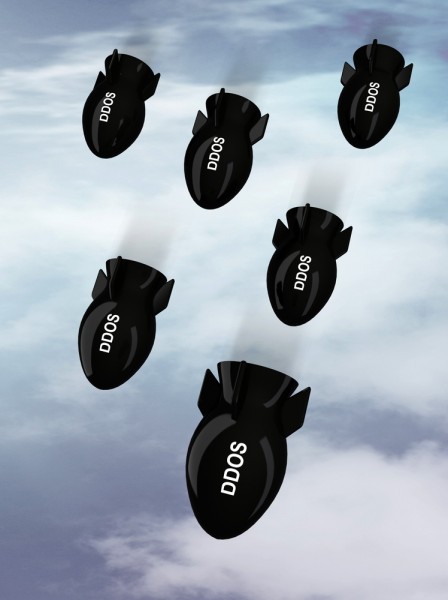
The final quarter of last year saw Turkey suffer an onslaught of denial of service attacks, the number growing ten-fold to more than 30,000 events per day, according to security company Nexusguard.
The company's Q4 2015 Threat Report shows that 81 percent of the top 10 attack destinations were Turkish-based IP addresses. It's thought that the spike in attacks could be related to rising tensions between Russia and Turkey.
Observed attacks against Turkey started on November 13 and peaked on December 27. The widespread shutdown for IPs in Turkey contributed to a large spike in domain name system (DNS) attacks measured between September 30 and December 31, 2015. Of the 216,102 attacks measured, more than 69 percent were DNS attacks, overtaking other reflection methods like network time protocol (NTP) and CHARGEN vulnerabilities. DNS amplification attacks can overload IP addresses with requests, resulting in outages for the target. Nexusguard’s research shows that countrywide attacks could result in collateral damage to other customers or even whole municipalities that may share domains with the victims.
"As warfare among countries and other opposing organizations blurs the lines between physical and cyber security, companies with online presences can be caught in the crosshairs," says Bill Barry, executive vice president of global strategy at Nexusguard. "With DDoS attacks escalating and diversifying in 2016, we’re finding that websites can be affected by geopolitical events even if they're not part of the feud. Businesses must have continuity plans in place with a mitigation approach to plan for this type of collateral damage".
More information on the latest DDoS trends is available on the Nexusguard website.
Photo Credit: Fabio Berti/Shutterstock

